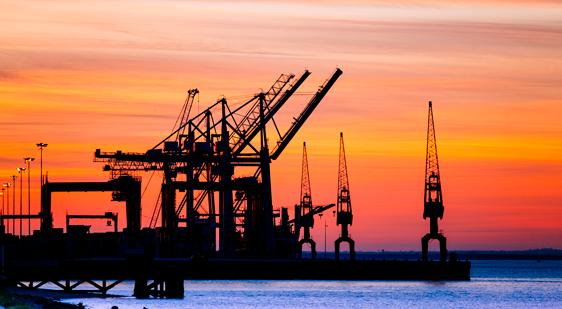
Image: Pixabay
The Kremlin said on Wednesday that prospects for the historic UN-brokered Black Sea grain deal were not good as promises to remove obstacles to Russian exports of agricultural products and fertilizers were not fulfilled.
The grain deal is an attempt to ease a food crisis that predated Russia's invasion of Ukraine but was worsened by Europe's deadliest war since World War II.
{module Form RD}
The agreement, which expires next month in its current form, was first signed by Russia, Ukraine, Turkey and the United Nations in July last year and extended twice.
On paper, it allows the export of food and fertilizers, including ammonia, from three Ukrainian ports on the Black Sea. But Moscow says Russian food and fertilizer exports are hampered by obstacles - such as impediments to insurance and payments - that must be removed.
Kremlin spokesman Dmitry Peskov said the current agreement is not working for Russia, despite some efforts by the United Nations to implement the parts of the agreement related to Moscow's interests.
“No agreement can stand on one leg: it must stand on two legs,” Peskov told reporters. “In this regard, of course, judging by the current situation, the prospects (for its extension) are not so good.”
Russia and Ukraine are two of the most important producers of agricultural commodities in the world and the main players in the markets for wheat, barley, corn, rapeseed, rapeseed oil, sunflower seed and sunflower oil. Russia is also dominant in the fertilizer market.
More than 27 million tonnes of grain and other food have been exported from Ukraine aboard 881 ships since the Black Sea Grain Initiative began in August, official data shows.
Last month, Russia said it would extend the deal for another 60 days, although the United Nations, Ukraine and Turkey have pushed for a 120-day renewal. Moscow says the deal expires on May 18.
“Exactly half of this deal didn’t work and isn’t working so far,” Peskov said.
“We know that the UN representatives are making some efforts, but they are not succeeding and yet the second half of the agreement does not work,” Peskov said.
Russia has repeatedly said that any further extension of the deal will require a number of its demands to be met by the West, including the reconnection of the Russian Agricultural Bank (Rosselkhozbank) to the SWIFT payment system.
Other demands include the resumption of supplies of agricultural machinery and parts, the end of restrictions on insurance and reinsurance, access to ports, the resumption of the Togliatti-Odesa ammonia pipeline, and the unlocking of assets and accounts of Russian companies involved in food and export of fertilizers.
Source: Guy Faulconbridge | Notícias Agrícolas












